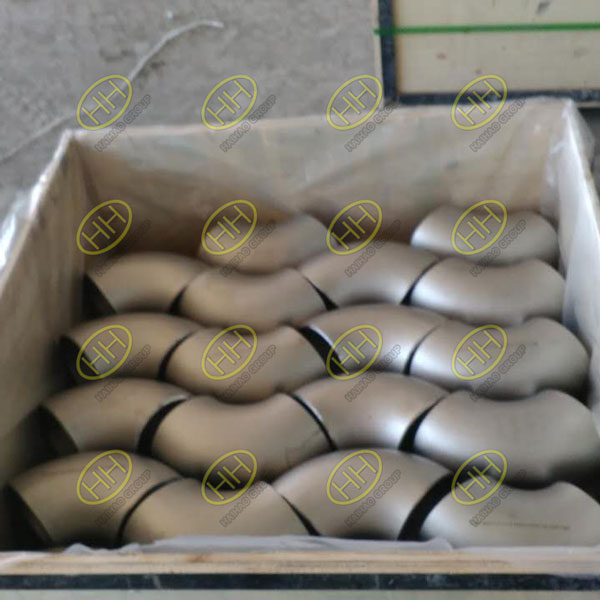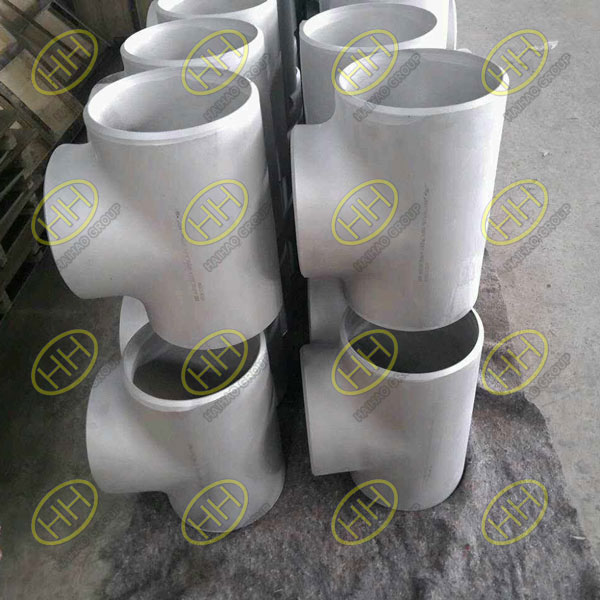High quality stainless steel fittings for the nuclear industry
The nuclear industry stands as one of the largest consumers of stainless steel fittings, and its demands are arguably the most rigorous compared to other sectors. This stringency is primarily due to the higher risk factors associated with nuclear activities. The repercussions of accidents in this industry can have a profound impact on the entire nuclear power plant’s operation and safety.
Stainless Steel Fittings in Nuclear Applications
In the nuclear industry, stainless steel fittings find extensive use across various equipment and systems, including reactors, cooling systems, control systems, and more. These critical components are subjected to exceptionally high demands in terms of performance and quality. Any leakage or failure in these fittings could potentially jeopardize the operation and safety of the entire nuclear power plant. Hence, the nuclear industry’s demand for stainless steel fittings is not only substantial in quantity but also imposes remarkably high-quality requirements.
Requirements Set by the Nuclear Industry
To meet the stringent standards imposed by the nuclear industry, the production and processing of stainless steel fittings must adhere to exceptionally strict requirements. Here are some key aspects of these requirements:
1.Raw Material Specifications
The nuclear industry demands stainless steel fittings that meet specific standards and specifications, such as ASTM and ASME. To ensure high corrosion resistance, strength, and overall quality, premium stainless steel materials like 304 and 316 are often selected.
2.Production Processes
The production processes for stainless steel fittings must be strictly controlled, with each step conforming to nuclear safety standards and quality requirements. It is crucial to avoid issues like scratches, deformation, and maintain precision in dimensions and surface finish throughout the production process.
3.Mechanical Performance
The nuclear industry imposes exceptionally high requirements on the mechanical performance of stainless steel fittings. Parameters such as tensile strength, yield strength, and elongation must comply with the relevant standards. Moreover, rigorous testing and inspections, including pressure tests, leak tests, and non-destructive testing, are necessary to ensure the fittings’ quality and reliability.
4.Quality Traceability
To guarantee the quality and reliability of stainless steel fittings, the nuclear industry necessitates that manufacturers establish comprehensive quality traceability systems. These systems enable the tracking and documentation of every stage of the production process and the origin of materials used. In the event of quality issues, this traceability allows for prompt identification and resolution.
The nuclear industry’s demand for stainless steel fittings is substantial, with exceptional requirements for product quality and performance. Manufacturers must continually enhance their production technologies and management practices to ensure that stainless steel fittings meet the rigorous standards of the nuclear industry. Simultaneously, the nuclear industry itself needs to strengthen its oversight and inspection of stainless steel fittings to ensure their safety and reliability in nuclear applications. At Haihao Group, we understand the gravity of these requirements and stand ready to meet them, ensuring the safety and reliability of our products in the nuclear industry.


